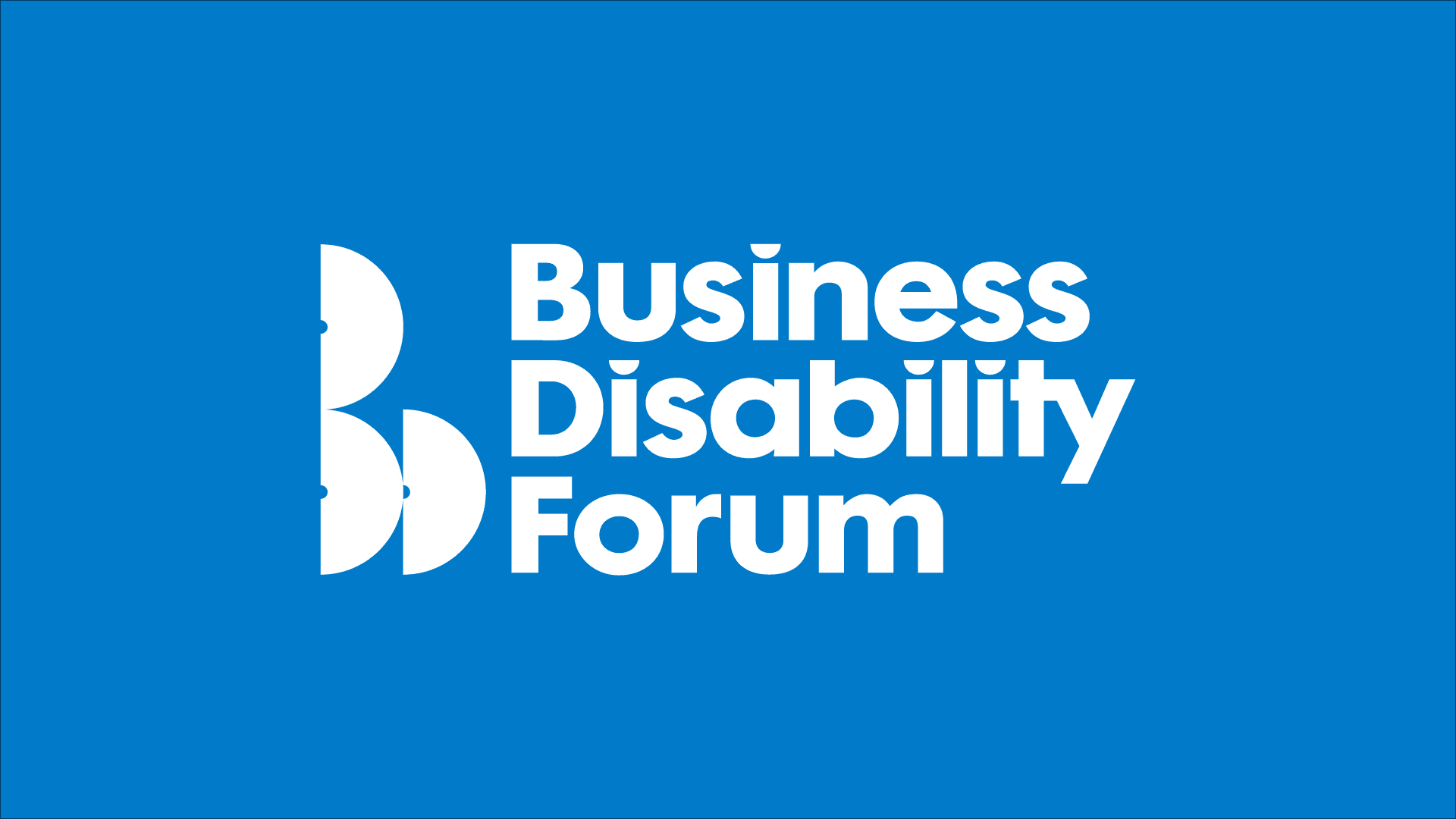Global Conference 2024 highlights: The European Accessibility Act (EEA): The knowns and the unknowns and what businesses need to do.

By Matt Ewington, Digital Marketing Manager.
Matt shares highlights from ‘The European Accessibility Act (EEA)’ panel at our Global Conference on 21 November (sponsored by HSBC).
“The European Accessibility Act, coming into effect in June 2025, will set a benchmark for accessibility standards not only in the EU but globally. Businesses that want to sell their products and services within the EU will be required to consider the needs of disabled people in the design and delivery of all their digital services and products or face the financial and legal consequences. This will not only remove barriers and increase choice for disabled people, but it will also provide opportunities for businesses to reach new audiences.” – Bela Gor, Business Disability Forum, Director of Legal and Content
Our panel of accessibility experts looked at the European Accessibility Act and what it means for business: Bela Gor from Business Disability Forum, Christopher Patnoe from Google, Sabine Lobnig from the Mobile & Wireless Forum, Abi James from Barclays and Neil Milliken from Atos.
What is the European Accessibility Act and when does it come into force?
- The European Accessibility Act (EEA) is an EU directive that is being harmonised and transposed into each Member State.
- It is an anti-discrimination legislation, which aims to make it easier for disabled people to access digital goods and services.
- Member States have until 28 June 2025 to enforce it, and everything needs to be accessible by 2030.
“The accessibility of goods and services has a direct impact on the daily lives of disabled people. Two-thirds of disabled consumers said that their purchasing choices were regularly limited by poorly designed products and services in research conducted by Business Disability Forum.” – Bela Gor
Who needs to know about the EEA?
During the discussion, Sabine spoke about how anyone who is economically active in the European Union’s internal market will need to be compliant with the directive and highlighted that as a market access directive, it is fundamentally different to any other accessibility regulations we’ve seen before.
“Roughly speaking, it covers all consumer IT devices, banking, transport, e-readers and most importantly any form of e-commerce. Anyone economically active today, will, in some way, sell something on their website. So just by being active in the internal market, you’re someway affected by the EEA.”
So that was the long answer. The short answer is – basically everyone.
Micro-enterprises are exempt from the requirements – that’s any organisation with less than 10 employees or less than €2 million turnover in a year.
What is the market access directive?
“If you’re not accessible, you don’t get the CE certificate so then you are precluded from selling into the entirety of the EU internal market. This is a completely different order of magnitude because you’re being excluded from a market if you don’t comply.”
What do businesses need to do?
- Speak to their legal team to make sure the EAA is on their radar,
- Work out how it applies to their business,
- Check the accessibility of products and services,
- Create a plan to address any concerns before 2025.
Our panel acknowledged the challenges presented by the EAA but were optimistic about its impact.
Christopher emphasised that while the EAA is a challenge, it’s also a significant opportunity to improve technology and products for people with disabilities and is optimistic about its impact.
Sabine highlighted that learning accessibility skills provides an exciting opportunity for growth and innovation. She described it as a new qualification, leading to better customer relationships and the use of advanced accessible technology.
Neil mentioned how accessibility requirements have existed before but are now more enforceable. He thinks this is a positive step, that will create better products and services.
“The final details of how the EAA will be implemented by each country is uncertain. What is certain is that businesses that want access to EU markets and to comply with in-country accessibility law as well as the EAA need to adopt a best practice approach and be as inclusive as they can from the product design to delivery.” – Bela Gor.
Members and Partners can watch the sessions from our Global Conference on the Knowledge Hub.
